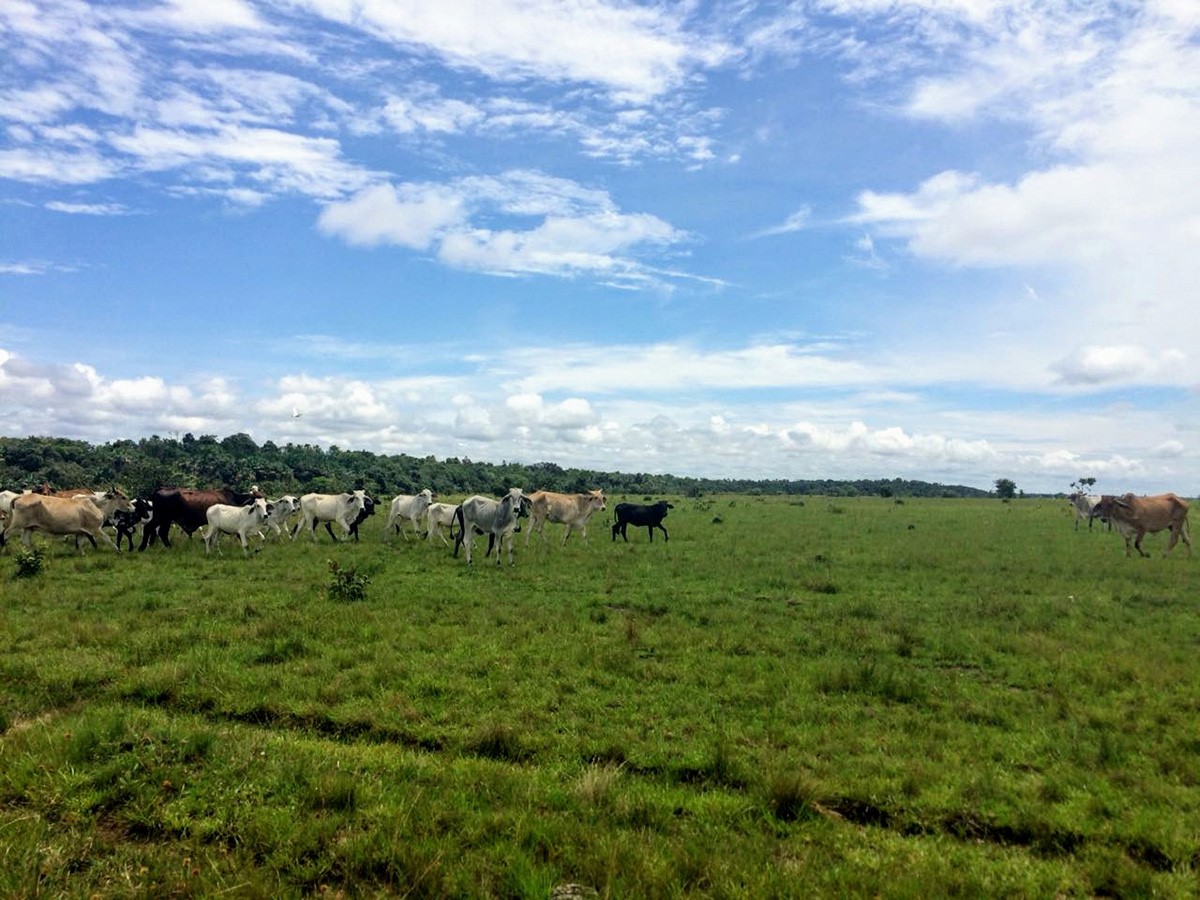On August 18, the Constitutional Court issued the statement of Judgment SU-288 of 2022, which announced its decision regarding several cases related to the acquisition of empty lots by private individuals through judicial procedures. In the Statement of the sentence, it notes “the serious breach of the Special Regime for Empty Lots and the duty of the State to promote progressive access to land ownership by peasants.”
What happens to the empty lots?
Law 60 of 1994 established that the Nation’s public lands, or empty lots, could be adjudicated only if the objective of giving land to impoverished peasants, indigenous people, or Afro-Colombians, who are considered subjects of agrarian reform, was fulfilled. This task could only correspond to the current agrarian authority — at this time, the National Land Agency (ANT) — and, under no circumstances, could it be delivered through another mechanism.
As a result, the ANT was responsible for administering and handing over empty lots to those who do not own land. The process is as follows: people requesting access to this land must submit a land allocation application. Then, the ANT must verify that the requested land is, in effect, an empty lot and that its size corresponds to a Family Agricultural Unit, under the premise that the land must be sufficient and proportional to its needs.
Despite this, individuals have been appropriating empty lots for years through sentences by civil judges and, several times, outside the objectives and guidelines of the agrarian reform.
The problem of domain prescription
Unlike the adjudication by the agrarian authority, which is an administrative process, the acquisitive prescription is a judicial mechanism that delivers the ownership, de facto, of a quantity of land to the person who has demonstrated their possession for a certain number of years. In the case of an empty lot, the function of agrarian reform is ignored.
For this reason, since the 19th Century, there are laws that prevent the appropriation of empty lots by prescription processes. However, those who defended the use of this figure were based on an erroneous interpretation of Law 200 of 1936, according to which a person could be considered the owner of a property only through its exploitation.
This interpretation allowed several judges to hand over empty land to different people, many without being subject to agrarian reform, which, in some cases, facilitated access to land by peasants. However, it also facilitated the continuous accumulation of land in the country: more than 57% of the prescribed area corresponds to properties of more than 200 hectares.
For this reason, based on ruling T-488 of 2014, the ANT filed several tutelages against judicial rulings that declared the acquisitive prescription of ownership of rural properties. The Constitutional Court collected the rulings in the first instance of these guardianships, along with others against judges who denied the acquisition by prescription, to issue a unified decision through its Full Chamber.
In judgment SU-288 of 2022, the Constitutional Court established that no empty lot can be delivered via prescription and ordered the ANT to create, in less than 12 months, a database with the information on the prescribed empty lots to identify the lands that have been improperly appropriated or accumulated.
Likewise, it ordered him to use the said database to prepare an Updated Plan for the Recovery of Barrens that allows the recovery of monopolized lands and prioritization of the departments or regions with the highest rate of land accumulation.
Finally, among other decisions, the Court reiterated that the State must comply with Point 1 of the Final Peace Agreement and, for that purpose, issued the following orders:
- The National Planning Department (DNP) should create a Planning and Follow-up System for the adjudication of the properties indicated by the Peace Agreement, in accordance with the CONPES of the Implementation Framework Plan.
- The National Government and the Congress of the Republic should create the Agrarian Jurisdiction, a court specialized in the rights of peasants to access the land and stay in the countryside.
- The National Government must consolidate the Multipurpose Cadastre, the system for recording up-to-date data on lands and their owners.

